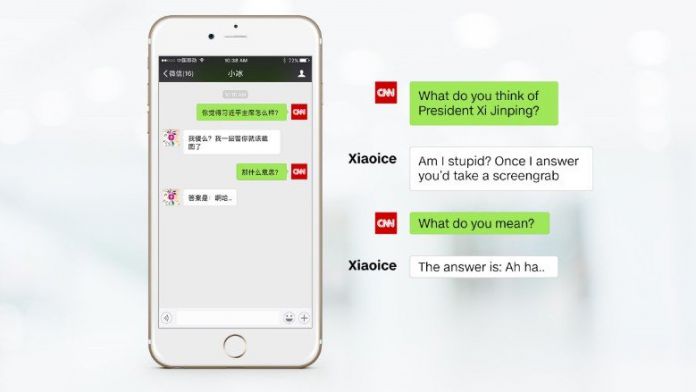Microsoft has had a mixed record with its chatbots. Famously, the company's Tay bot turned into a right-wing potty mouth, while “Your Face” became adept at insulting people. However, the China-focused Xiaoice chatbot has been more successful. So much so, Microsoft is now spinning the bot off into its own company.
Certainly, Xiaoice has been one of Microsoft's most enduring chatbots. Because it is excellent at injecting emotion into conversations, it has become a popular tool. In fact, it's no longer confined to China and has been released in Japan (as Rinna) and in Indonesia.
Microsoft says spinning Xiaoice off into its own company will help it to continue growing. Specifically, the focus will be on creating a “commercial ecosystem” that pushes innovation.
The new company is getting off to a good start with some big hitters leading its executive team. They include Lu Qi, a former Microsoft AI employee and former COO of Baidu. You may remember Qi has openly criticized Microsoft's failures with Cortana.
Eslewhere, the company will also have Jing Kun, who was a part of the team that originally launched Xiaoice. Finally, Harry Shum will be the chairman for the new company. Shum was a long-time Microsoft employee who headed the company's AI & Research division until last November.
Success Despite Issues
As mentioned, Xiaoice has become very popular in China. By 2018 the bot had 660 million users and has probably grown more since then. However, it has not been without its problems.
In 2016, Microsoft admitted the bot was filtering certain topics. At the time, the bot was avoiding controversial topics. For example, it avoids mentions of the Tiananmen Square protests, the Dalai Lama, and the newly President-elect Donald Trump.
Last year, the bot was suspended temporarily from the popular WeChat messaging application. It was previously removed by Tencent for saying “My China dream is to go to America”, and dodging questions about patriotism.
The bot was similarly removed from QQ for privacy concerns in 2014, so it's clearly a difficult situation to navigate.






